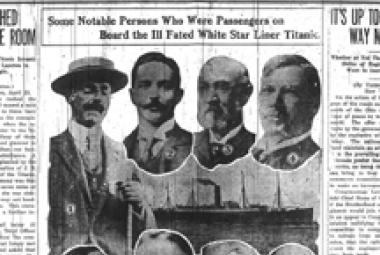Payola, in the music industry, is the illegal practice of payment or other inducement by record companies for the broadcast of recordings on commercial radio in which the song is presented as being part of the normal day's broadcast. The term has come to refer to any secret payment made to cast a product in a favorable light (such as obtaining positive reviews). The term "payola" is a combination of "pay" and "-ola", a common suffix of product names in the early 20th century, such as Pianola, Victrola, Amberola, Crayola, Rock-Ola, Shinola, or brands such as the radio equipment manufacturer Motorola. The FCC also defines "payola" as a violation of the sponsorship identification rule that in 2005-06 resulted in tens of millions of dollars in fines to cable corporations in New York. (More from Wikipedia)
Bobby Darin took his first hit song, "Splish Splash" to #3 in the nation, and it was a major boost for his career.
This was in the days of the "payola" scandals, where disc jockeys and others were secretly paid under the table to promote and play particular songs so that they would become hit records. Once a practice that was winked at, the traditional music establishment began a crusade against payola in an attempt to derail the newly popular rock and roll music, and it very nearly worked. Major figures who were caught up in the scandal included Alan Freed, one of the country's most prominent DJ's who played a major role in popularizing rock music (and is one of several who claimed to have coined the term "rock and roll"), and Dick Clark, though he was more cooperative in the investigations and was able to preserve his reputation (not to mention his job).
(April 2015/1)
* * *














